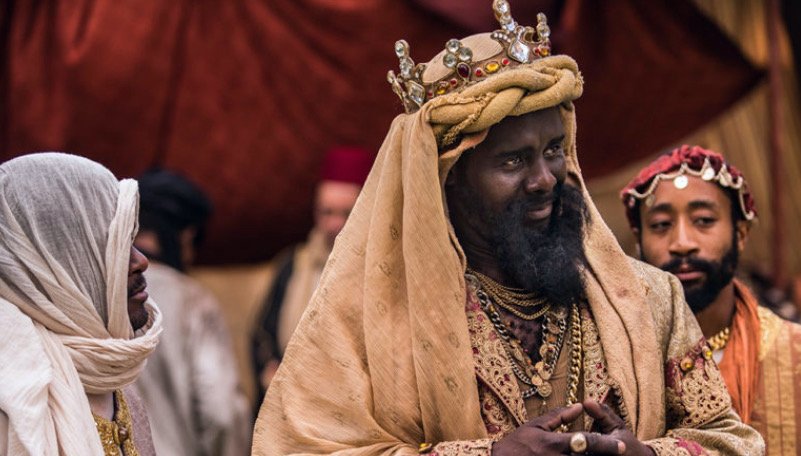Mansa Musa I, also known as Musa Keita I, was the tenth emperor of the Mali Empire, one of the largest empires in West Africa. And he is the richest man in history with estimated wealth of over $400bln. He ruled from 1312 to 1337 and is considered one of the wealthiest individuals in history.
Early Life and Rise to Power:
Mansa Musa I was born in 1280 in the town of Niani, located in present-day Guinea. He was the son of Faga Laye, a legendary leader of the Mandinka people who founded the Mali Empire and was also the brother of Sundiata Keita, the founder of the Mali Empire.
Mansa Musa I came to power after Abu-Bakr II, who reportedly went to explore the lands beyond waters of Atlantic Ocean. Mansa Musa I was appointed as his successor due to his vast wealth and military might.
Wealth and Achievements:
Mansa Musa I was known for his immense wealth and generosity. He was a devout Muslim who went on a pilgrimage to Mecca in 1324 accompanied by a caravan of thousands of people and carrying a vast amount of gold, which he distributed along the way. This pilgrimage made him famous throughout the Middle East and Europe, where his wealth and power were widely noted.
During his reign, Mansa Musa I helped to expand the Mali Empire by annexing new territories and establishing diplomatic relations with neighboring states. He also encouraged the spread of Islam throughout the empire and built many mosques and Islamic schools.
Mansa Musa I was also a patron of the arts and commissioned the construction of many impressive buildings, including the Djinguereber Mosque in Timbuktu, which is still standing today.
Death and Legacy:
Mansa Musa I died in 1337 and was succeeded by his son, Maghan I. He is remembered as one of the most influential and powerful African rulers in history and his legacy lives on today in many ways.
His pilgrimage to Mecca and the immense wealth he displayed during his journey inspired many leaders and traders across the world, and his legacy helped to establish the Mali Empire as one of the most prosperous and influential in the region.
His patronage of the arts and architecture also helped to establish a rich cultural heritage in West Africa that continues to flourish today.
 The African History Truly African
The African History Truly African

